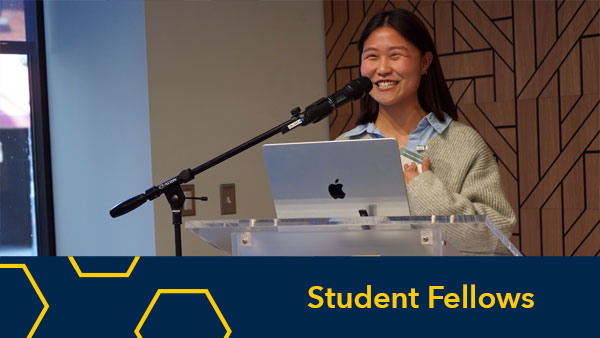Simon Nelson, Chief Executive, FutureLearn

At FutureLearn, Europe’s leading online social learning platform, we are ambitious with our vision for the future of higher education. Since being founded by The Open University (UK) in 2012, as the UK’s answer to MOOCs, we have amassed nearly 10 million learners, partnered with more than a quarter of the world’s top universities and leading organizations, and have supplemented the thousand or so short courses they have built to now offer credible and flexible microcredentials and degrees.
Our global network of partners allows us fascinating insight into the potential challenges, and solutions, on the horizon for the sector. Rapid digital advancements are offering new challenges and adding increasing strain to the higher education sector across the globe. The learners in our classrooms today lead completely different lives to those who sat before us just one generation before. The sector has, of course, faced many challenges throughout its history and has survived and thrived in the face of every technological development it has been presented with.
Transformation is as much a part of the history of higher education as continuity, but this period feels different. Digital transformation won’t necessarily sweep away universities, but those who don’t embrace it risk being left far behind as the scale and impact of higher education move beyond traditional national, demographic, and subject boundaries.
Our analysis shows demand for tertiary education globally is predicted to rise by 14 million new students every year from now until 2030. If they were all to be educated face-to-face, this would require 13 new universities to be built every week, 700 each year, each serving around 20,000 students — that’s simply not going to happen, no matter how loud the disagreements may be between those who argue for a campus-based education over online. It’s irrelevant. While campus-based education will continue to play the leading role for those who can afford it, the higher education sector urgently needs to assess whether it can afford to overlook these students who cannot.
Additionally, there is a pressing need to address growing skills gaps. Alongside the long standing challenges in education and healthcare, the globalization and digitization of multiple industries has created enormous demand for skills to fulfill jobs that did not exist 10 years ago. The impact of artificial intelligence on these industries, and on society in general, will further widen the gaps.
There are currently 7.2 million job openings in the United States and in excess of 6.3 million job seekers, with 83% of hiring bodies claiming they’ve had trouble recruiting suitable candidates in the last 12 months, and 75% of those directly citing a skills shortage amongst applicants.
Once thought of as a ‘nice to have,’ the reality now is that lifelong learning is vital for employers and employees who need to upskill and reskill effectively.
In short, this must be the greatest opportunity universities have ever faced to broaden their impact on society, domestically and internationally, helping to open up access to high-quality learning and start to close skills gaps.
This is where the MOOC platforms, once decried as a passing fad, have positioned themselves to join the wealth of new entrants in bridging the gap between education and employment.
At FutureLearn, we have built a high-quality, globally scalable platform for learning which now delivers full online degrees alongside a continuously growing range of short courses; from more academic MOOCs to courses aimed squarely at these skills gaps. We are working with partners to transform the flexibility, accessibility, and credibility of online credentials, unbundling degrees into microcredentials and short courses that can fit alongside the other time pressures of non-traditional students.
This is where we see the future of higher education, but we need progressive and ambitious partners to help us make this a reality.
That’s why we are thrilled to announce our partnership with the University of Michigan this week. We’ve watched with envy and admiration the strides U-M has taken to transform itself and innovate through partnerships. We are looking forward to sharing their stories and insights with the rest of the FutureLearn partnership and drive new collaborations.
An initial run of three online learning experiences by U-M began enrollment this week, these are: Programing for Everybody: Getting Started with Python; Sleep Deprivation: Habits, Solutions and Strategies; and Successful Negotiation: Essential Strategies and Skills. These courses commence in early October, with further courses to be announced later this year.
At FutureLearn, our purpose is to transform access to education, aligning with U-M’s mission of sharing knowledge across the globe, and we are excited to see how we can work together to realize our shared vision.


